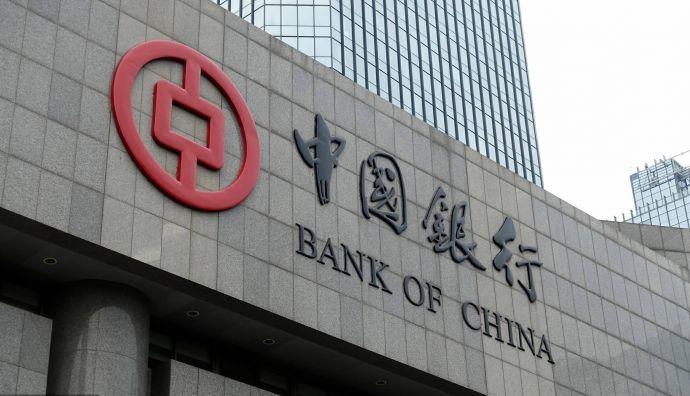BEIJING, May 21 (Xinhua) -- As China moves to further open up its financial sector, averting systematic financial risk remains a top priority for the financial industry, China Global Television Network (CGTN) quoted experts as saying at the Tsinghua PBCSF Global Finance Forum held on late Saturday and Sunday.
The two-day forum discussed major challenges facing China’s financial sector under the theme of financial reform, opening-up, and stability in the new era.
Zhou Hao, associate dean of Tsinghua PBCSF, said that other than high debt levels, strong capital turbulence with large capital flows could be an important factor that could trigger systematic risk, adding “considering all indicators of systematic risk, China was close to systematic risk back in 2015 when the stock market went through fluctuation and the country carried out foreign exchange reform."
Zhou pointed out that the key of China’s debt problem is not about the total amount, but about the structure.
“The majority of China’s debt with a debt GDP ratio of 250 percent mainly lies in some certain sectors, such as local government debt with no clear boundaries (between local government debt and other financing tools)…and some old debts of state-owned enterprises or industries with excessive capacity,” he stressed.
“Therefore, deleveraging is not as simple as reducing the total debt amount, but to address such sectors with high risks and no clear boundaries,” Zhou added.
New technologies also pose new risks for the industry, experts said.
Zhou Yanli, former vice chairman of China Insurance Regulatory Commission, said the wide application of financial technology also brings about new challenges to the regulation of the industry.
Therefore, institutions that are involved in Internet financial activities must meet access threshold and acquire licenses to operate, Zhou said. (Contributed by Zhao Danliang, Danliang67@xinhua.org, edited by Zhang Aifang, zhangaf@xinhua.org)




 A single purchase
A single purchase









